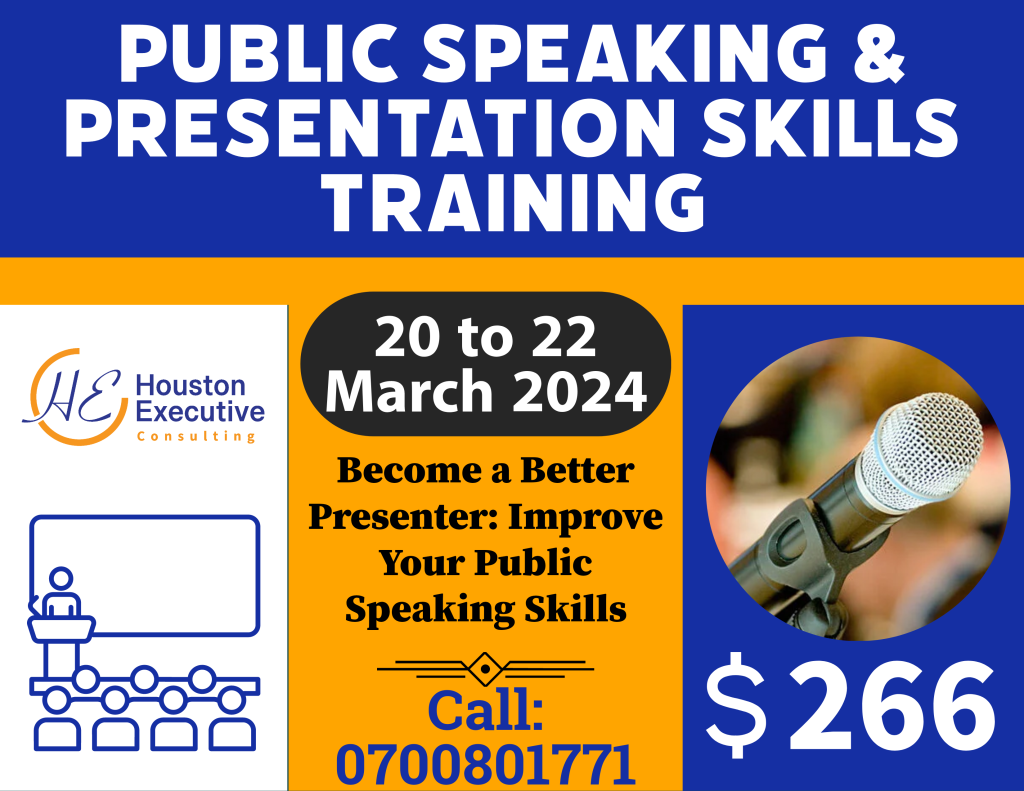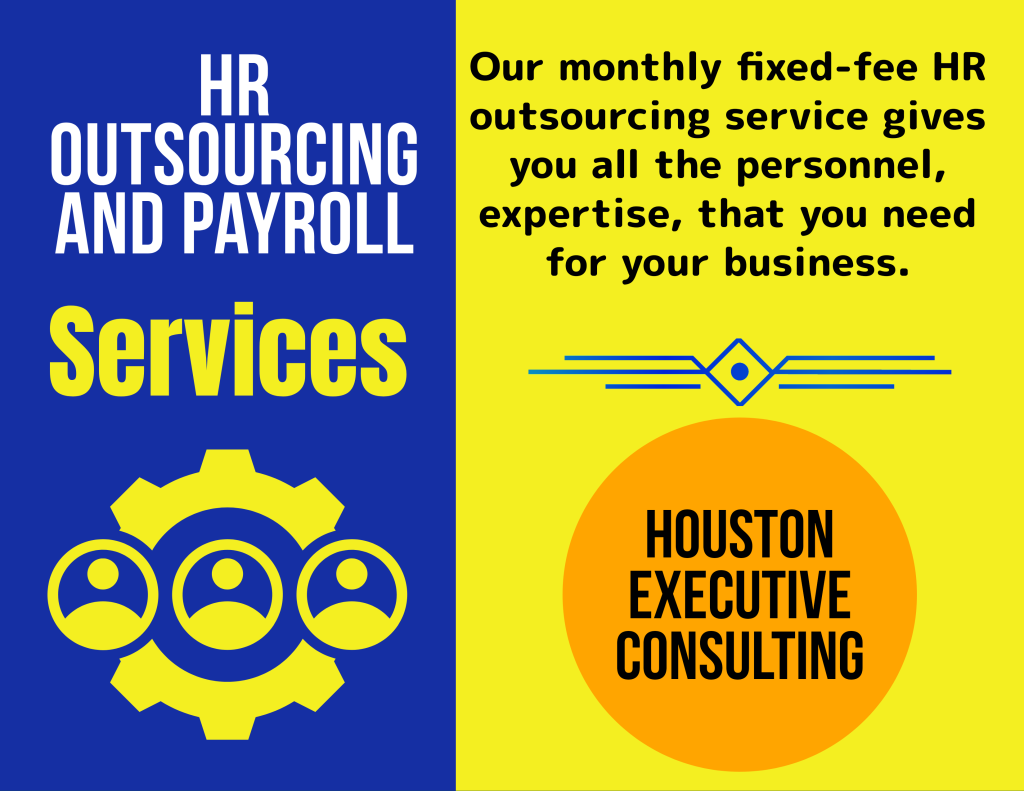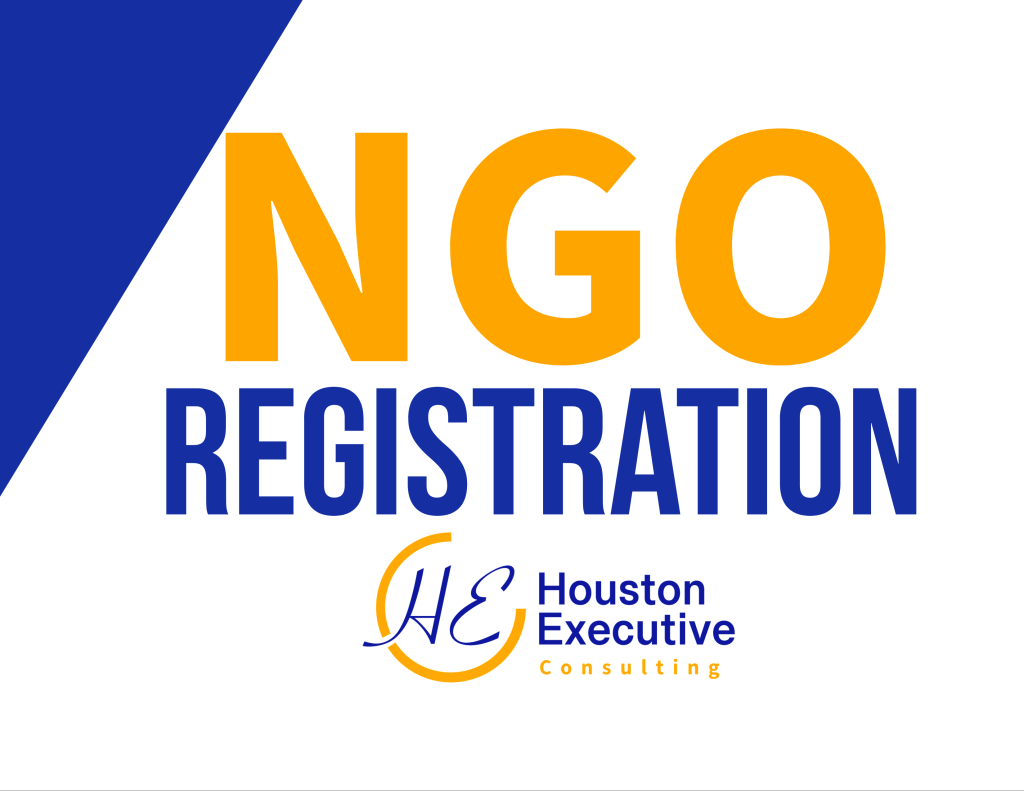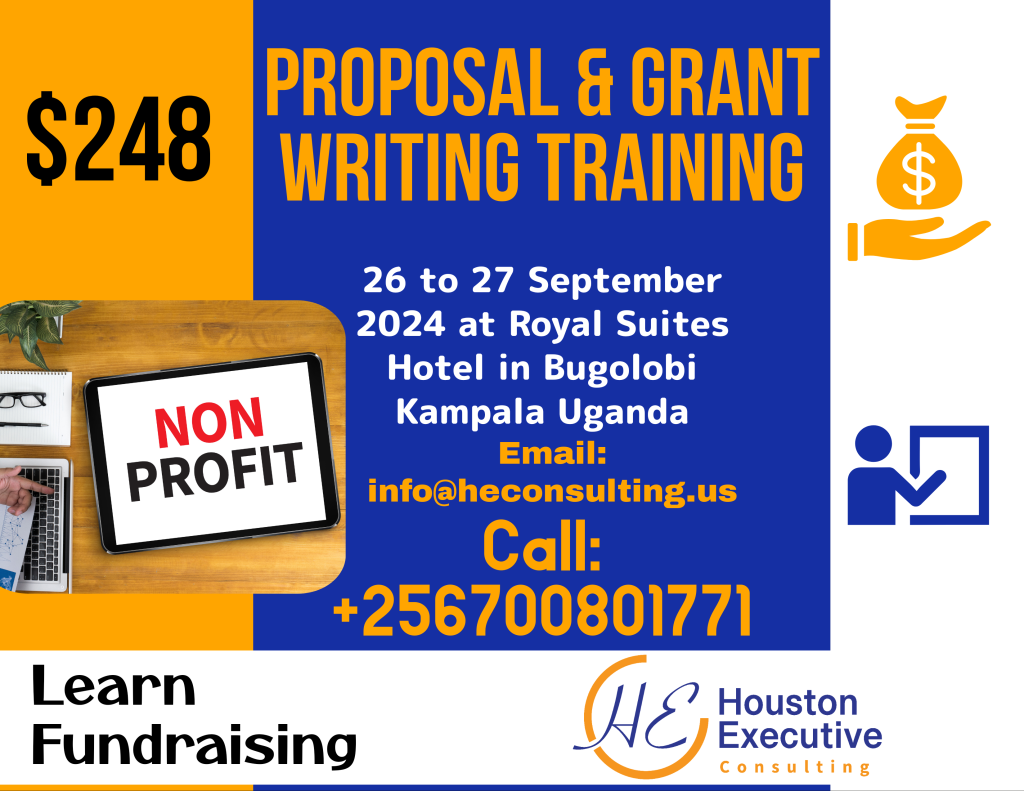Top 10 International Non-Governmental Organizations (NGOs) in Kenya
International Non-Governmental Organizations (NGOs) are independent organizations also known as INGOs, and are non-profit, voluntary citizens’ group that operates across national borders.
INGOs work to advance specific causes or promote issues, such as human rights, environmental protection, poverty alleviation, and health care. They often collaborate with governments, other non-profit organizations, and the private sector to achieve their goals.
In Kenya, several NGOs rely on donations, grants, and funding from individuals, corporations, and governments to achieve their goals. International NGOs are instrumental in advocating for human rights, providing humanitarian aid, promoting sustainable development, and addressing various global challenges.
Below is a list of the top 10 renowned International NGOs in Kenya:
1. Mercy Corps
Mercy Corps is a global humanitarian organization that operates in various regions around the world to alleviate suffering, poverty, and oppression. The organization was founded in 1979 in response to the Soviet-Afghan War and has since expanded its reach to assist communities facing crises globally. Mercy Corps strives to provide emergency relief, sustainable development, and promote social and economic well-being.
Key aspects of Mercy Corps’ work include:
- Emergency Response: Mercy Corps responds promptly to natural disasters, conflicts, and other emergencies by providing immediate assistance such as food, clean water, shelter, and medical care.
- Sustainable Development: The organization works on long-term projects to address the root causes of poverty and promote sustainable development. This includes initiatives in areas such as agriculture, economic development, education, and conflict resolution.
- Conflict Resolution: Mercy Corps is often involved in regions affected by conflict, working to build peaceful and resilient communities. The organization implements various programs aimed at reducing violence, fostering dialogue, and supporting the development of stable societies.
- Women and Youth Empowerment: The organization places a strong emphasis on empowering women and youth. This includes initiatives to improve education, health, and economic opportunities for these groups.
- Climate Change and Environmental Initiatives: Mercy Corps recognizes the impact of climate change on vulnerable communities and works on projects to build resilience and adaptability.
- Partnerships and Collaboration: Mercy Corps collaborates with governments, local organizations, and other partners to maximize the impact of its programs and ensure a comprehensive response to crises.
In Kenya Mercy Corps has been working since 2008, partnering with Kenyan communities to drive peace and development. Last year, our programs reached over 905,000 people across the country.
They strengthen governance by establishing local development planning committees that represent communities and influence government decision-making. They also empower young people through programs that provide them with skills, financial literacy, and agency to shape their future.
They promote peace and stability by equipping community leaders with skills to change norms that support violence and implement early warning systems to identify and respond to tensions. Lastly, they support resilient livelihoods by leveraging mobile phones to provide smallholder farmers with access to financial services and information.
For more Details about Mercy Corps’ work in Kenya, Follow the Website Link: https://www.mercycorps.org/where-we-work/kenya
2. Amnesty International
Amnesty International is a non-governmental organization that was established in 1961 to advocate for and defend human rights worldwide. The organization conducts research and takes action to prevent and put an end to serious human rights abuses, as well as to demand justice for those whose rights have been violated.
Amnesty International works on a range of human rights issues, including freedom of expression, the right to a fair trial, the abolition of the death penalty, and the protection of individuals at risk of torture or other forms of ill-treatment. The organization is known for its campaigns, reports, and advocacy efforts aimed at raising awareness about human rights violations and urging governments and other entities to address these issues.
One of Amnesty International’s unique features is its grassroots approach, which involves millions of people in its campaigns and actions. The organization operates independently of any government, political ideology, economic interest, or religion and is primarily funded by its membership and individual donations.
In Kenya, the work of Amnesty International is based on three pillars: Technology & Human Rights, Inequalities & Discrimination, and Freedoms & Citizenship. They aim to enhance data protection and data governance practices in Kenya and East Africa as a whole. They also collaborate with partners, members, and supporters to reduce inequalities, identity-based discrimination, and the impact of corruption on human rights denial. They also work with and support others to strengthen freedom of expression and association and expand the civic space for public accountability.
For more details about Amnesty International’s work in Kenya, visit the website: https://www.amnestykenya.org/
3. Oxfam International
Oxfam is a confederation of 21 independent charitable organizations, founded in Britain in 1942 to alleviate global poverty. In Kenya, Oxfam is working to bring transformative change to the lives of poor and vulnerable populations.
Oxfam International operates in over 90 countries and is one of the foremost responders to humanitarian crises. The organization has identified the following key areas of focus:
– Conflicts and disasters
– Extreme inequality and essential services
– Food, climate, and natural resources
– Gender justice and women’s rights
– Water and sanitation
Oxfam is committed to fighting against inequality. The organization firmly believes that achieving a society without extreme inequality requires working in partnership and alliance with other players at different levels. This approach enables them to achieve more with less.
Oxfam envisions a Kenya that is free from extreme inequality and injustice. A society where citizens, especially women across all age groups, can claim and exercise their rights and responsibilities and have a say in decisions that affect their lives.
For more details about this organization, you can visit their website at: https://kenya.oxfam.org/
4. Save the Children
Save the Children, an international organization founded in the UK in 1919, aims to improve the lives of children worldwide. It consists of Save the Children International and 30 national members who share the same name, strategy, and ambition for children.
The organization strives to provide children with healthcare, food, and shelter, as well as learning and child protection services to ensure they reach their full potential. Their work is based on securing children’s rights because they believe that millions of children worldwide are denied their rights due to their identity or origin.
In Kenya, they operate programs in health, food security, child protection, child rights governance, education, adolescents and youth, and humanitarian response. Their interventions aim to improve the well-being of communities by reducing maternal and newborn mortality, child malnutrition, and violence against children. They also work to strengthen resilience and sustainable livelihoods, promote education reforms, and provide emergency relief efforts.
You can learn more about Save The Children on their website: https://kenya.savethechildren.net/
5. World Vision International
World Vision International is a global Christian humanitarian organization that aims to aid children and communities in need worldwide. The organization’s mission is to work with the poor and oppressed to promote human transformation, seek justice, and bear witness to the good news of the Kingdom of God.
World Vision also engages in advocacy efforts to address the root causes of poverty and injustice. It works alongside governments, organizations, and communities to influence policies and practices that impact vulnerable populations. As a Christian organization, World Vision’s work is inspired by Christian values, but it serves people of all faiths and backgrounds without discrimination.
With a decentralized structure, World Vision operates in many countries worldwide, allowing each national office to respond to the specific needs of its context while adhering to the organization’s overall mission and values. World Vision International collaborates with various partners, including governments, other non-governmental organizations, and local communities, to maximize its impact and reach. It is one of the largest and most well-known humanitarian organizations globally, with a history dating back to 1950.
World Vision Work in Kenya
Their goal is to ensure all children live life in all its fullness. To achieve this, they work in remote and hard-to-reach areas to find solutions to health, education, food, water, and sanitation challenges.
World Vision’s key areas of work include child sponsorship, community development, emergency relief, advocacy, and faith-based approach. Through child sponsorship, individuals or groups can provide funds that go towards a child’s education, healthcare, and other essential needs. The organization also focuses on long-term community development projects to address issues such as poverty, hunger, health, education, and economic empowerment. In times of crisis or natural disasters, World Vision responds with immediate relief and long-term recovery assistance, providing food, water, shelter, and medical care.
You can obtain more details about World Vision Kenya from their website: https://www.wvi.org/kenya
6. The Aga Khan Foundation (AKF)
The Aga Khan Foundation (AKF) is a non-profit international development agency that operates in several countries worldwide. It is part of the Aga Khan Development Network (AKDN) and focuses on improving the quality of life for communities in developing countries.
The foundation’s work is centered around five key areas: healthcare, education, rural development, civil society strengthening, and crisis response. In healthcare, AKF works to improve healthcare services and outcomes by building and supporting healthcare facilities, training healthcare professionals, and implementing health education programs. The foundation is also involved in various education initiatives, including the establishment and support of schools, vocational training programs, and initiatives to enhance the quality of education.
In Kenya, The AKDN works to improve living conditions and opportunities in specific regions of the world. It operates in sectors such as health, education, culture, rural development, and economic development. AKDN has worked in Kenya for over a century, beginning with education and health programs.
They improve the quality of life for Kenyan communities by meeting basic needs, sharing knowledge, and providing growth opportunities. They signed an Agreement of Cooperation for Development with the Kenyan Government in 1996, creating an enabling framework for our activities. They have worked in over 35 counties, reaching over 27 million Kenyans through health interventions and over a million students through our school improvement programs.
For more details about their Kenyan priorities, visit their website: https://the.akdn/en/where-we-work/eastern-africa/kenya
7. Plan International
Plan International is a prominent development and humanitarian organization that operates in over 75 countries across Africa, the Americas, and Asia. The NGO is committed to advancing children’s rights and promoting equality for girls by working together with children, young people, supporters, and partners.
Plan International’s work includes:
– Promoting Quality Education: The organization aims to provide all children with free and equal access to quality education, from early learning to secondary education.
– Protecting Children from Violence: Plan International works with communities, families, schools, and governments to safeguard children against harm.
– Empowering Youth: The organization enables vulnerable children to understand and defend their rights and encourages them to join the girls’ rights movement.
– Ensuring Sexual and Reproductive Health and Rights: Plan International works to increase access to quality sexual health services and eliminate harmful practices such as female genital mutilation and early and child marriage.
– Supporting Early Childhood Development: Plan International helps vulnerable and excluded children, particularly girls, to grow up equally valued and cared for, free from discrimination.
– Building Skills and Work Opportunities: The NGO works to increase young people’s access to financial services, financial literacy and entrepreneurship, and employment skills training.
– Responding to Emergencies: Plan International builds communities’ resilience and supports children’s right to dignity and protection before, during, and after disasters and conflicts.
Since 1982, Plan International Kenya has been working with communities and the government to raise awareness about the importance of children’s rights. As an independent children’s rights organization, we remain committed to supporting vulnerable and marginalized children and their communities to be free from poverty. We have impacted the lives of millions of children and established strategic partnerships with like-minded allies.
Several barriers still stand in the way of realizing children’s rights in Kenya including child marriage, child labour, trafficking, female genital mutilation, and violence. They apply a rights-based approach in working towards transformed institutions, laws, and communities that respect the rights of children, especially girls, in Kenya.
For more details about their Kenyan priorities, visit their website: https://plan-international.org/kenya/
8. Médecins Sans Frontières (Doctors Without Borders)
Médecins Sans Frontières, also known as Doctors Without Borders, is an international medical humanitarian organization that provides emergency medical aid to people affected by conflict, epidemics, disasters, or exclusion from healthcare. The organization has tens of thousands of health professionals, logistics, and administrative staff, most of whom are hired locally.
For more than 30 years, their teams have been providing healthcare services to the communities in and around the Dadaab refugee camp. Their 100-bed hospital in Dagahaley, which is a part of the Dadaab refugee camp, provides outpatient consultations and admits patients to the hospital.
These also cater to children suffering from severe malnutrition. They also offer healthcare services to refugees, survivors of sexual violence, and drug users in Kenya, and tackle public health challenges such as HIV.
For more details, you can visit their website at: https://www.msf.org/kenya
9. The International Federation of Red Cross (IFRC)
The IFRC is the world’s largest humanitarian network, comprising 191 National Red Cross and Red Crescent Societies working to save lives, build community resilience, strengthen localization, and promote dignity around the world.
Their core activities include supporting access to education, addressing sexual violence, promoting respect for the law, addressing the impact of climate change and conflict, enabling people with disabilities, ensuring food security, providing health services, helping migrants and refugees, and providing water in conflict zones.
The National Society was officially recognized by the Government in the Kenya Red Cross Society Act (Chapter 256 Laws of Kenya) as a voluntary aid Society auxiliary to the Public Authorities in the humanitarian field, following the 1949 Geneva Conventions, and as the only National Red Cross Society which carries out its activities in the Kenyan territory. Concerning Public Authorities, the Society maintains an autonomy, which allows it to act at all, times following the Fundamental Principles of the Movement.
You can obtain more details about The Kenya Red Cross Society (KRCS) from their website: https://www.redcross.or.ke/aboutus
10. CARE International
Care International is a global organization that aims to implement effective and locally-led programs that are responsive to gender and economic needs. The organization focuses on several core areas of service, including crisis response, gender equality, climate justice, right to health, right to food, water and nutrition, women’s economic justice, advocacy, and campaigns.
Care International is working towards addressing the vulnerabilities of women and girls. The organization also invests in fighting poverty and achieving social justice, with a particular emphasis on empowering women and girls. Furthermore, it provides emergency relief and sustainable development programs to communities in need.
In Kenya CARE contributes to gender equality by improving the management, programming, and sustainability of local women’s rights organizations. CARE works to create an enabling environment, building responsive institutions and supporting inclusive participation at the County level. The key focus is put on decision-making as regards economic empowerment, health, food security, WASH, and Climate Change.
CARE believes in enhancing informed decision-making by Women and Girls in Arid and Semi-Arid Lands to diversify risk, increase resilience, and respond to their needs. CARE works to provide opportunities for enhancing women’s and girls’ economic capacities and strengthening economic self-reliance.
Learn More about Care International in Kenya: https://www.care-kenya.org/
We could only profile 10 international NGOs in Kenya, but many others also make significant contributions. These organizations focus on promoting human rights, social justice, humanitarian assistance, environment and conservation, health and education, development, and poverty alleviation, as well as peacebuilding and conflict resolution. They collaborate with local communities and stakeholders to achieve sustainable outcomes and complement the efforts of governments and international institutions.












